Your consumer rights as an air traveller are just as important as they are when you purchase any other goods or services. While the fine details may vary, most of the rules international carriage by air are guided by the Warsaw Convention, the international convention which ‘regulates liability for international carriage of persons, luggage, or goods performed by aircraft for reward’.
The Convention was signed in Warsaw, Poland in 1929, with 152 signatories and implemented in February 1933. The agreement has been updated a number of times since, with the latest revision signed in Montreal Canada in 1999. The Montreal Convention replaced the Warsaw Convention and unified previous amendments. Additionally, the new convention streamlines the process of making a claim, while identifying the responsibility of carriers and passengers’ consumer rights.
Know your consumer rights when:
Reference is made to the Montreal Convention where applicable and a number of other authorities. However, as a general rule, the convention seeks to ensure that passengers are protected and carriers take responsibility for their actions. It provides a guiding principle and framework for individual official government protection documents.
Your flight is cancelled
You have a right to know the policy and compensation available to you should your flight be cancelled. This does happen to passengers of both full service and low cost airlines.
Last minute cancellations
Usually this would take the form of an alternative flight or a cash refund / new date for outward travel not used.
- Last minute cancellations are usually due to a reason the airline considers beyond their control. This may be weather related, or a problem with the aircraft among various issues that can arise.
- Most Australian carriers who cancelled flights during the recent volcanic eruptions affecting travel to Bali, made an effort to compensate for the cancellation.
- When the cancellation is a result of an on-going or intermittent situation, it is difficult to remain calm. If you have travel insurance check your policy to see if you will be covered for additional accommodation expenses if the airline does not step up.
** TIP – If you receive a rebooking on a suitable specific flight or a full refund, it’s a good idea to accept. Accepting a voucher in lieu, unless it’s an ‘I’m sorry’ extra, could cause problems when you try to claim your flight.
Prior notice before departure on outward journey
Airlines, and not just low cost carriers, often cancel flights or change timings for operational reasons.
- Make sure you have included your contact details in your booking information.
- If a particular route is cancelled temporarily or permanently, this is generally known well in advance.
- If timings are changed for a fixed period – for example runway works, the warning period may be shorter
- You should be contacted by the airline with an offer of a different flight or a refund. If either option will affect already booked accommodation, check your insurance policy to see if you are covered.
- If you have booked through a travel agency, or as part of a tour package, you will need to deal with them.
Your flight is delayed
Although the carrier is considered liable for damage by delay as described in Article 19, there are limitations and it is a reasonable expectation for passengers that these limitations be made known and the carrier makes an effort to rectify the situation.
- Delays can result from the same causes as a cancelled flight, but may also result from security operations.
- Stay nearby so you don’t miss any announcements about re-timings or offers of alternative flights etc.
- Once on-board, delays can result from heavy traffic so you are either sitting at the boarding gate or stuck in a queue.
- Removal of luggage of a passenger who has not shown up by the boarding time is more common these days, than waiting for that passenger.
- Check the conditions of your ticket which should have an indication of where to seek a remedy.
We’ve all either had a delay at some time, or seen TV footage of passengers who have been stuck at airports for lengthy periods.
It’s not easy if you find yourself in that position, but try to stay calm. A polite exchange with under pressure staff, who may speak a different language will help the situation more than a rude and angry approach.
*** TIP – if you’re travelling with children, it’s always useful to carry some drinks and biscuits or other snacks, just in case. It will cost less than buying snacks at the airport. It’s also quicker than waiting for a food voucher or box and is easy to throw out if you can’t take it with you later.
You are denied boarding
There are many reasons you may be denied boarding. Use your common sense to ensure that you have complied with the terms of your ticket and arrived at the boarding gate on time. Some of the reasons you may be denied boarding could include:
- Late arrival at the boarding gate.
- Making threats (even jokingly) about the safety of the aircraft, or carrying something you shouldn’t.
- Causing a delay because you have too many/too heavy hand carry baggage – don’t argue loudly or aggressively with the gate staff. If you have followed the rules, they have no reason to stop you.
- Incomplete documentation for your destination – no visa or expired passport etc. This would probably have been flagged during check-in.
If you are denied boarding because the flight has been overbooked, you should be given the same opportunities as someone who has had their flight cancelled. The best way to avoid being ‘bumped’ is to do a web check-in, preferably as early as this is possible.
**TIP – in some countries where overbooking is common, you may receive both a new flight and an extra ‘I’m sorry’ voucher if you volunteer to be ‘bumped’.
You arrive but your bags don’t
The Convention, in the Passengers and Baggage section states that a ‘document of carriage’ must be given to you indicating the ports of departure and destination. You must also receive a baggage identification tag for each piece of checked baggage. They must also include information on what happens if something goes wrong. That should cover death or injury, destruction, loss or damage to baggage, and for delay.
Basically the carrier is, in the first instance, responsible for making sure your luggage arrives where and when you do. They’re also responsible if a passenger is injured or dies during the time on board and during embarking and disembarking.
If you have travelled on more than one carrier and receive your bag damaged, you should approach the final carrier for compensation.
You have a disability
Some airports and aircraft pose difficulties for people with a disability or a medical condition. It is wise to read the fine print when you make your booking to ensure that you will have access to a wheelchair or other assistance when needed. If this isn’t available or clearly indicated, and a phone call doesn’t help, don’t proceed.
Most airlines have provisions, guidelines or restrictions for people with certain medical conditions or those who are travelling during pregnancy. Again, check these before you finalise the booking.
You have a problem at the airport
To avoid direct problems at the airport, ensure you have all the required documentation for your trip.
- Make sure passports are still valid / have sufficient time remaining before expiry.
- Ensure you have the correct visa if one is required.
If you are travelling with children
- make sure they have some ID as well (birth certificate etc)
- If you are a grandparent or only one parent taking a child / children out of the country, make sure you have any permission required to ensure you are not stopped at the border control.
Other issues
- If you require disability support, check with the airline first, then the airport, to ensure this is available.
- Be aware of your personal space and ensure that you have control over your belongings.
- Identify the location of the Information counter.
- If you have a medical issue or are injured, most airports have a medical facility which should be your first port of call
- If you are a victim of theft, make a police report – contact the airport security who should be able to assist you.
Ticketing issues
Many would-be passengers have found the attractive fare they were waiting for, only to have their dream holiday end up more expensive than they expected due to additional charges on their tickets. This ticket pricing model known as ‘drip pricing‘ means that the price you saw wasn’t the full price as it didn’t include all the extras. This has been found to be misleading by the Australian Competition and Consumer Commission (ACCC) and Virgin Australia, Jetstar and Tigerair dropped their preselected insurance and baggage fees in December 2016. The New Zealand Commerce Commission has been enforcing such changes in New Zealand since 2015. Qantas does not have these items pre-selected.
If you travel on a Low Cost carrier in particular, you need to check carefully. AirAsia adds both baggage and insurance for all passengers on the booking and even a ride to the airport for some locations. Uncheck them if you don’t require them. The issue of hidden charges has been addressed in MAVCOM’s rule changes, effective 1st June 2019.
Malaysia Airlines doesn’t charge a booking fee. A lot of airlines do, usually per passenger, per sector.
Making a complaint
If your problem resulted from an interaction (booking, delay, cancellation, baggage damage or loss etc) with an airline, you need to take this up directly with the airline concerned.
- Keep all boarding passes and luggage tags (clipped to your boarding pass).
- Stay calm and identify the issues you want redressed.
- Follow up any in-person or phone contact with an email to establish a paper trail.
- Make a formal complaint if this is necessary.
How to find your airline’s contact details?
First – check the ticket. There should be a contact number and/or email included. If you are travelling overseas, some tickets will include a list of contact numbers in overseas locations, or at least the one you are travelling to.
This list gives contact details of Malaysian airports and the various airlines that use them. The Malaysian Aviation Commission (Mavcom) also allows you to make a complaint HERE. Your consumer rights have been protected by Mavcom since 2016 and one of the key provisions is that airlines and airports are now required to resolve consumer complaints within 30 days.
In Australia, complaints can be made through the Australian Government’s Aviation Complaints site. The overseeing body is the Australian Transport Safety Bureau.
For travel in the European Union, you can get passenger consumer rights information HERE. The page clarifies immediately if you are covered or not by the legislation and there is a link further down the page where you can get more information from the National jurisdictions within the EU.
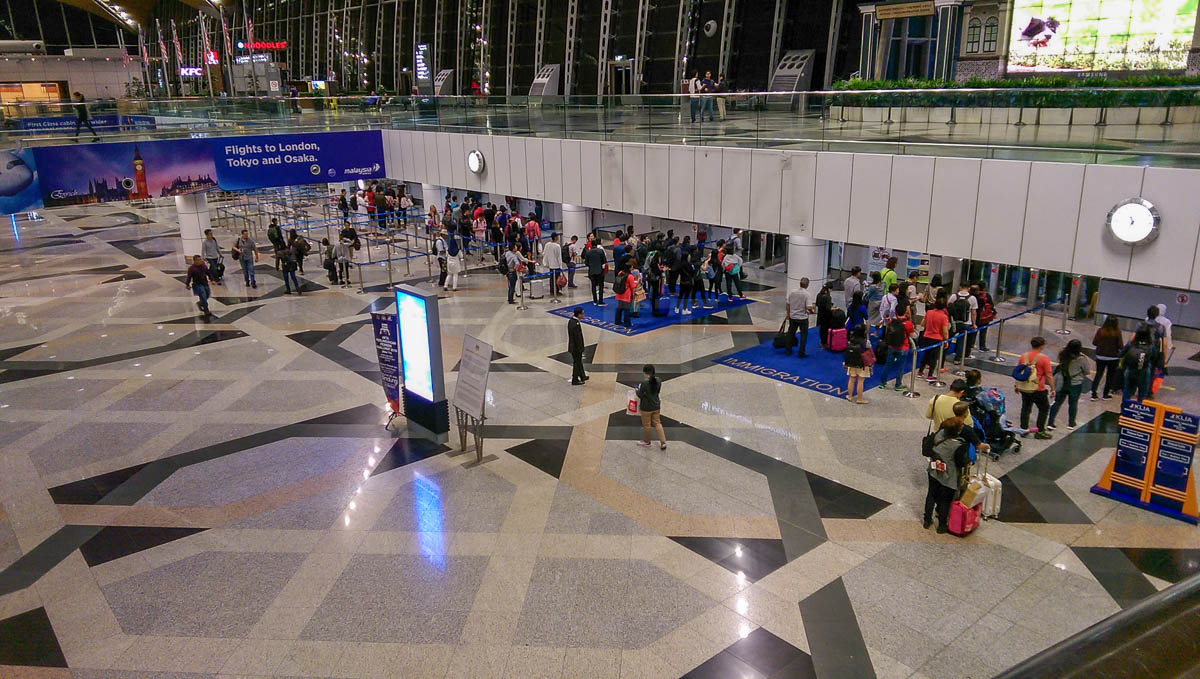
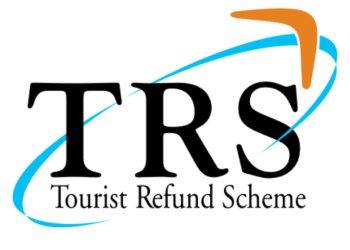
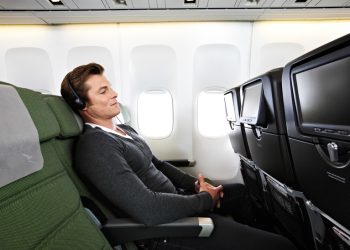

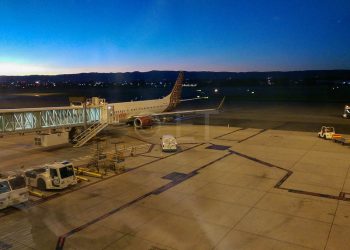
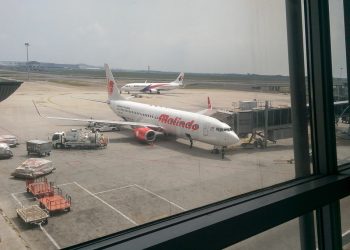
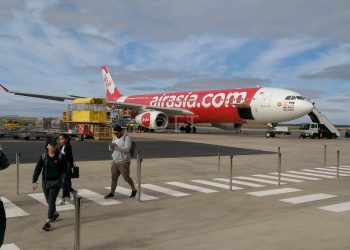
This Post Has 0 Comments